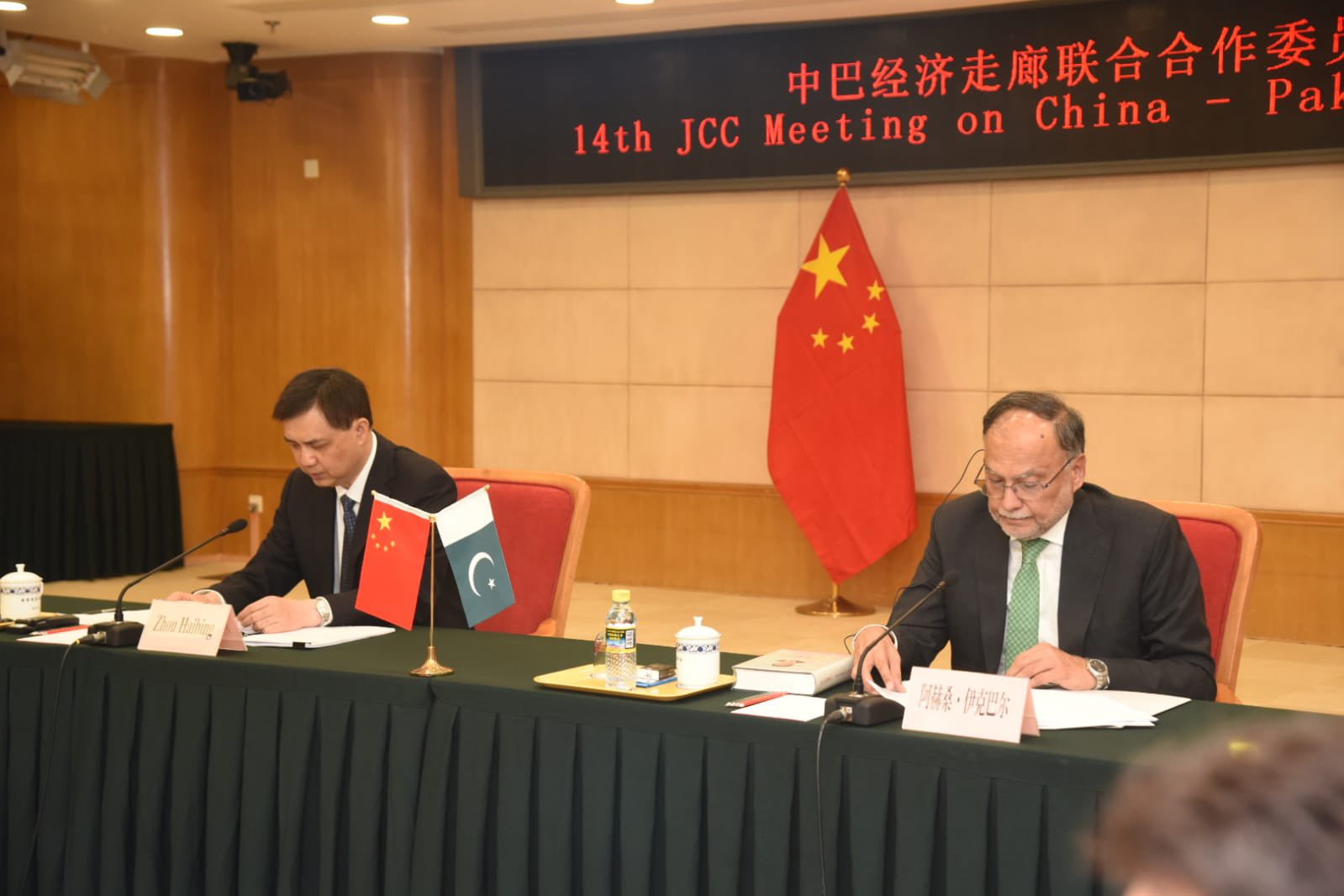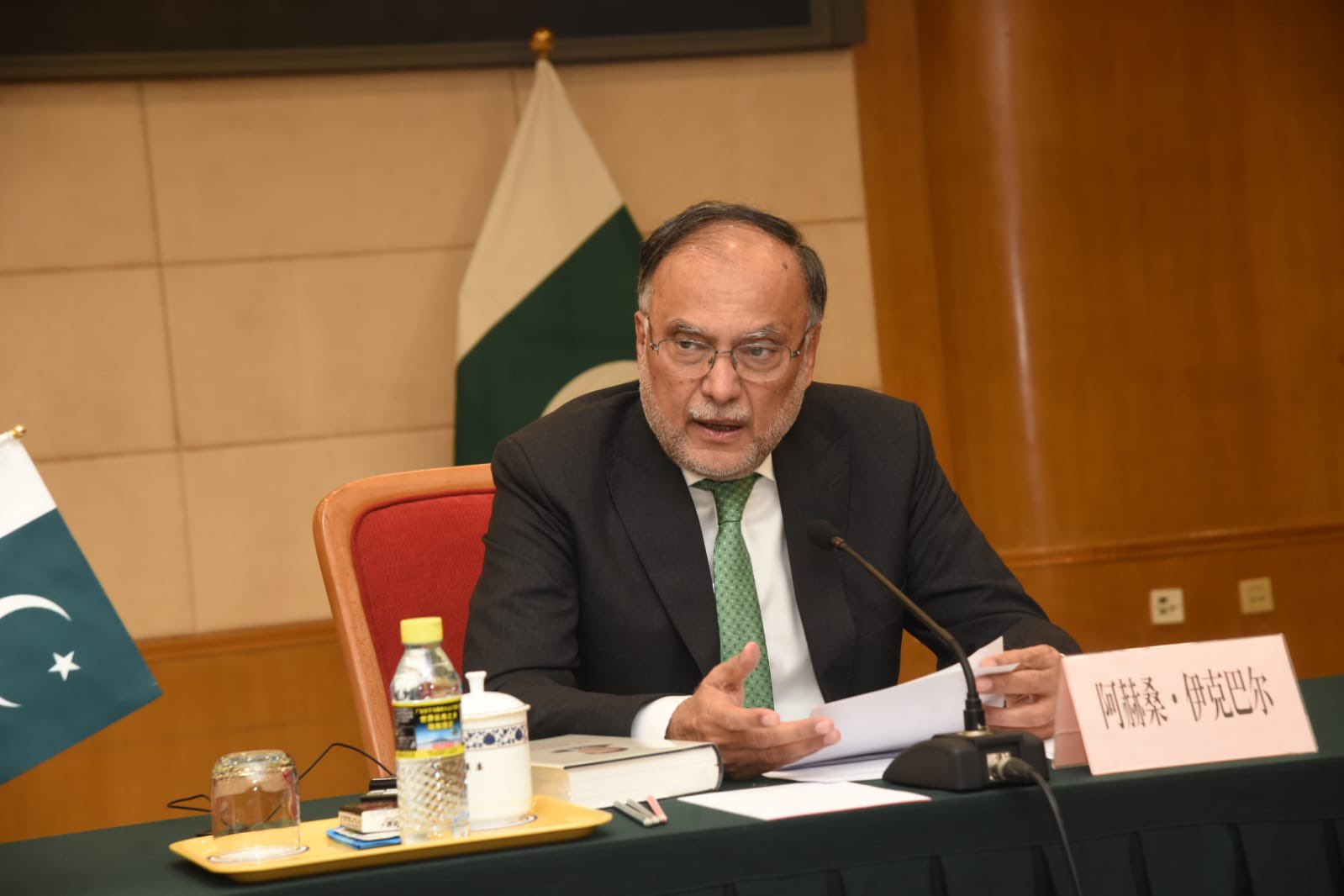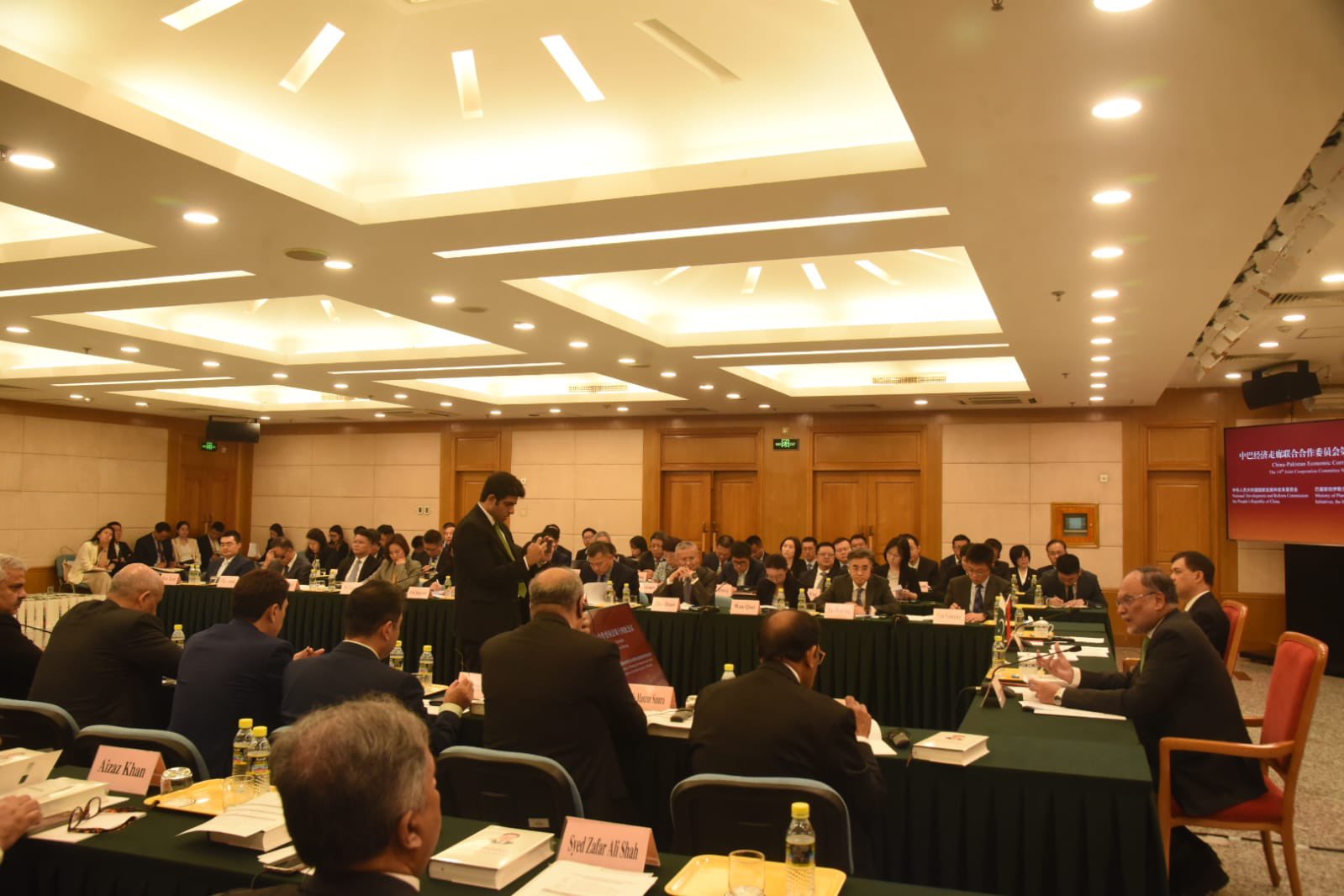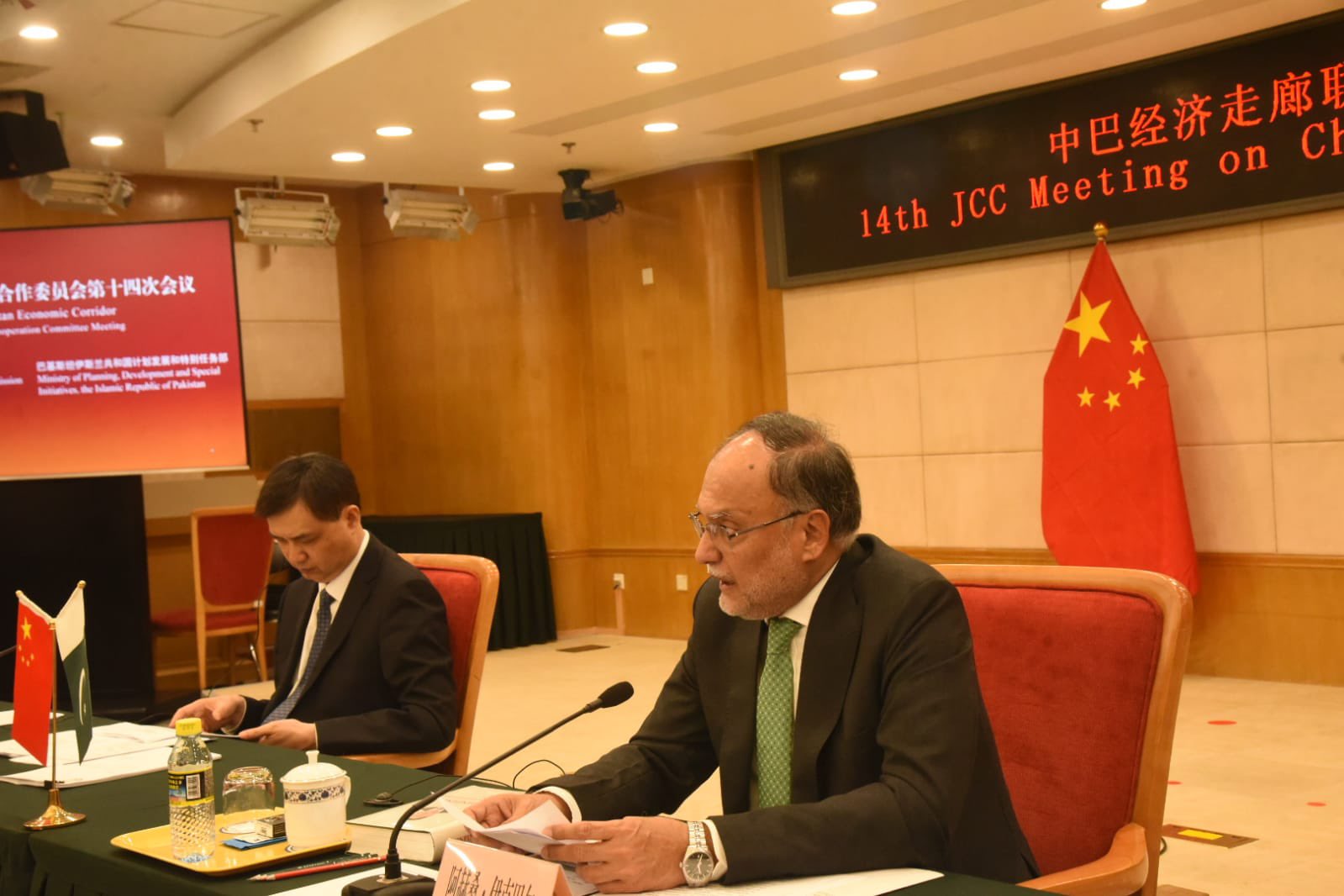
Reservation booth:+86(0)21-3114 8748
Visit/media contact:+8613601815988
QQ:2463282767
email:artsexpo@sgexpo.cn
On September 27, Pakistan's Minister of Planning and Development, Ahsan Iqbal, stressed at a media conference held in Beijing today that China and Pakistan have "officially launched the second phase of the China-Pakistan Economic Corridor (CPEC)".

After the 14th China-Pakistan Economic Corridor Joint Cooperation Committee (JCC) meeting held in Beijing, Iqbal told the media that CPEC Phase II is highly compatible with Pakistan's "Five E Framework". The framework aims to build Pakistan into a $1 trillion economy by 2035, with a focus on exports, equality, environment, energy, and e-government.

The Minister said that the two sides have agreed to establish five dedicated corridors to shape the direction of development in the next decade and beyond:
Growth corridors: driving exports, creating jobs, and promoting economic expansion;
People's livelihood corridor: focus on poverty reduction and social and economic improvement in underdeveloped areas;
Innovation Corridor: shifting from traditional infrastructure to enterprise, scientific research and technology development, including building the China-Pakistan "Digital Silk Road";
Green Corridors: Prioritizing renewable energy, sustainable growth, and climate resilience to respond to floods;
Connectivity Corridors: Improving transportation infrastructure to connect Afghanistan and Central Asia, extending connectivity beyond the two countries.

Iqbal emphasized that CPEC Phase II is people-oriented, with a special focus on youth and education. He revealed that Pakistan has proposed to send 10,000 doctoral students to China's top universities in the next ten years to study artificial intelligence, engineering and emerging sciences. Pakistan aims to develop into a $3 trillion technology-driven economy by 2047. At the same time, Pakistan will also cooperate with Chinese universities to expand vocational and technical training to help young people master practical skills and enhance their employment competitiveness.
In addition, the two sides agreed to establish a joint laboratory on artificial intelligence and quantum computing, launch the "Future Skills Program" covering information technology, robotics, fintech and biotechnology, and pilot climate-smart agriculture projects. The scope of cooperation also includes the rerouting of the Karakoram Highway, the creation of a mineral corridor in Balochistan, and the strengthening of multimodal transport links with Central Asia.

He emphasized that CPEC Phase II will gradually shift from a government-to-government model to business-to-business cooperation. During Prime Minister Shahbaz Sharif's visit to China earlier this month, the two sides signed an agreement worth $8.5 billion at the Beijing Business Forum. Pakistan has since set up a dedicated investment facilitation desk and simplified visa procedures for Chinese enterprises to further attract investment.
Emphasizing the unique partnership between China and Pakistan, Iqbal said that China-Pakistan friendship "has never experienced autumn, it will always prosper like spring."
"The first decade of CPEC has transformed Pakistan's infrastructure," Iqbal concluded, "and the next phase will change people's lives – bringing jobs, innovation and hope to drive a more advanced and inclusive economic future." ”